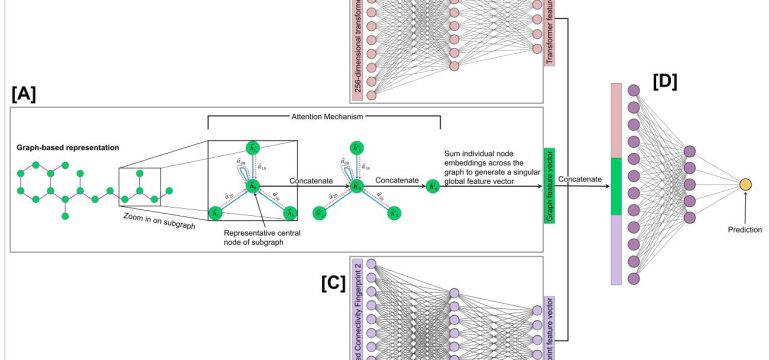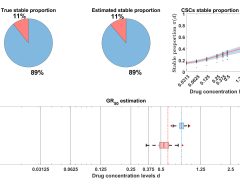Authors: Gregory W. Kyro, Matthew T. Martin, Eric D. Watt, Victor S. Batista
Published on: March 12, 2024
Impact Score: 8.0
Arxiv code: Arxiv:2403.07632
Summary
- What is new: Introducing CardioGenAI, a novel AI framework tailored for re-engineering drugs to reduce adverse effects on the heart by lowering hERG activity without compromising their therapeutic efficacy.
- Why this is important: Drug-induced cardiotoxicity is a significant issue due to blocked heart channels (hERG), leading to dangerous heart rhythms.
- What the research proposes: CardioGenAI employs machine learning to identify and refine drugs, minimizing their hERG activity while maintaining their effectiveness against targeted disorders.
- Results: Successfully refined the antipsychotic drug pimozide, generating a candidate, fluspirilene, with a 700-times reduced affinity for hERG, posing lower cardiotoxicity risks.
Technical Details
Technological frameworks used: CardioGenAI
Models used: Discriminative machine learning for predicting channel activities (hERG, NaV1.5, CaV1.2)
Data used: Drug compounds properties and activities
Potential Impact
Pharmaceutical companies, particularly in early-stage drug development and optimization for cardiovascular safety; may also impact the health technology sector focusing on AI-driven drug design tools.
Want to implement this idea in a business?
We have generated a startup concept here: SafeMedsAI.



Leave a Reply